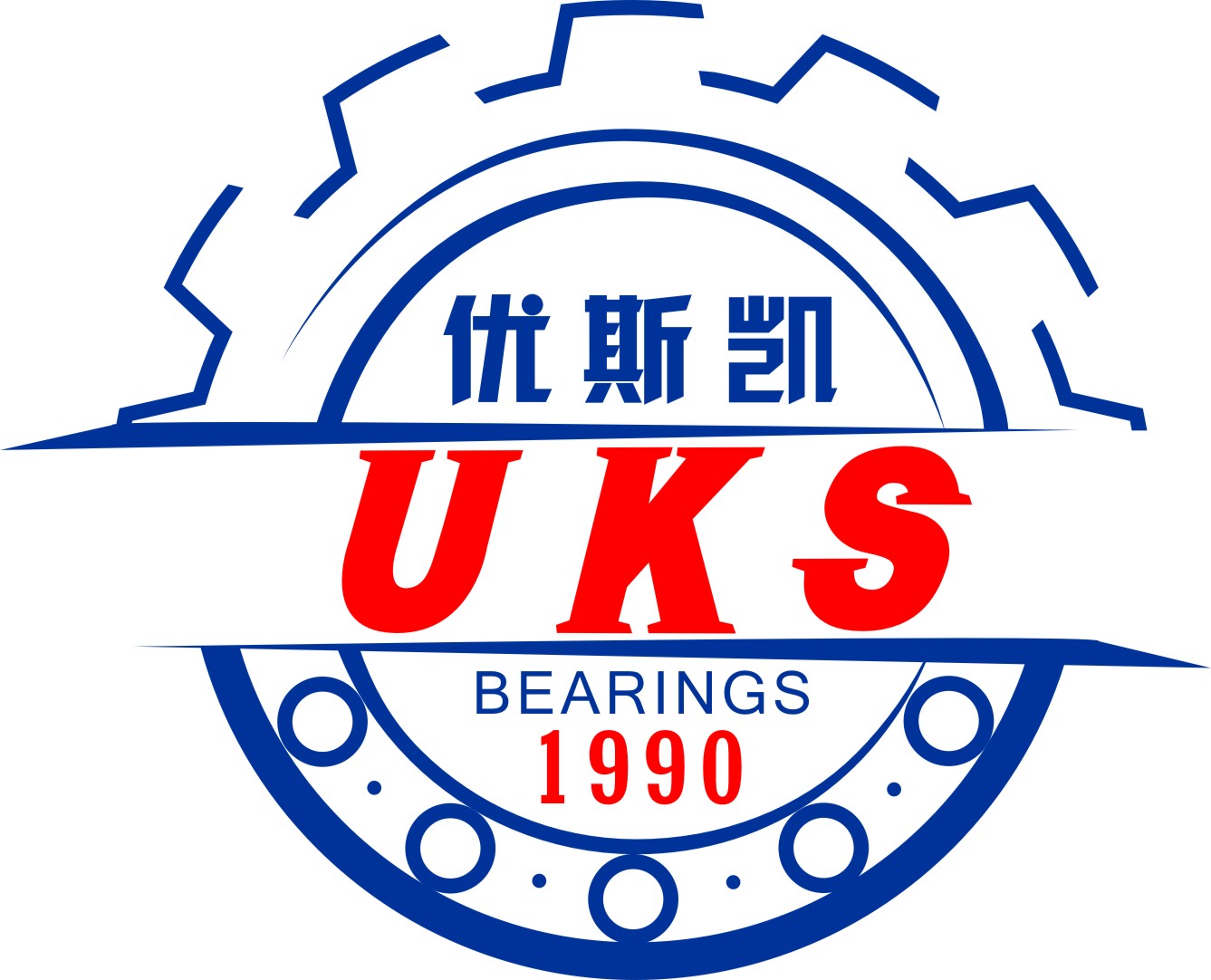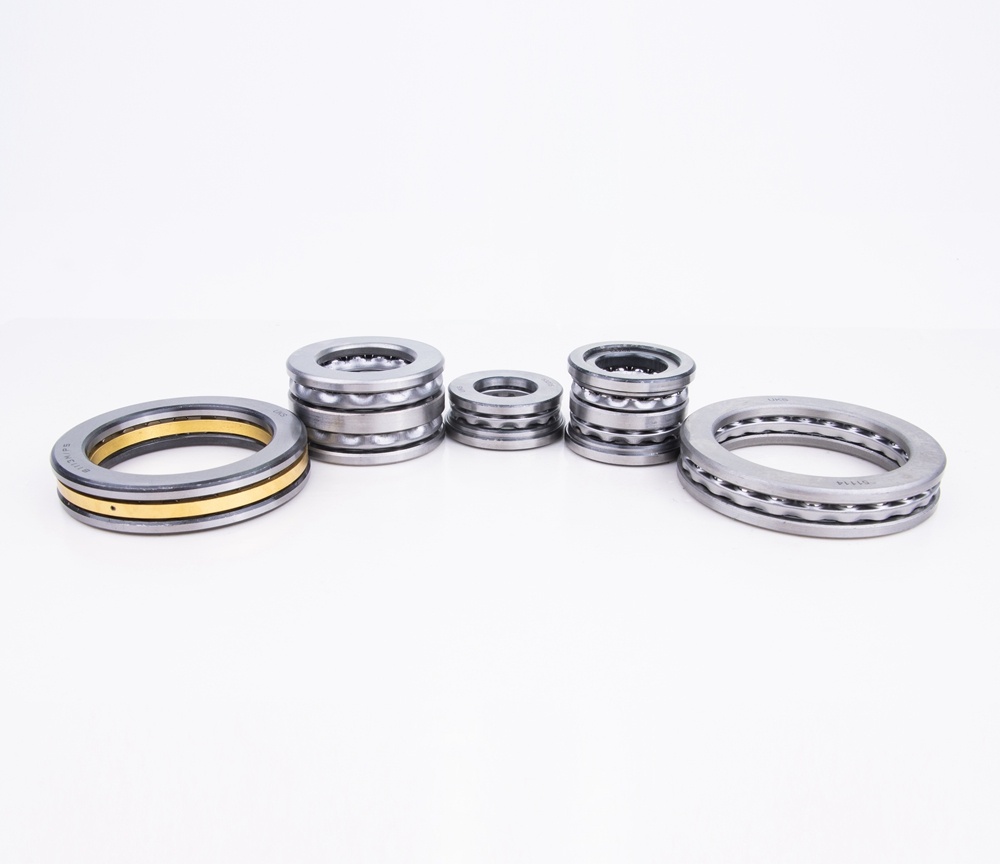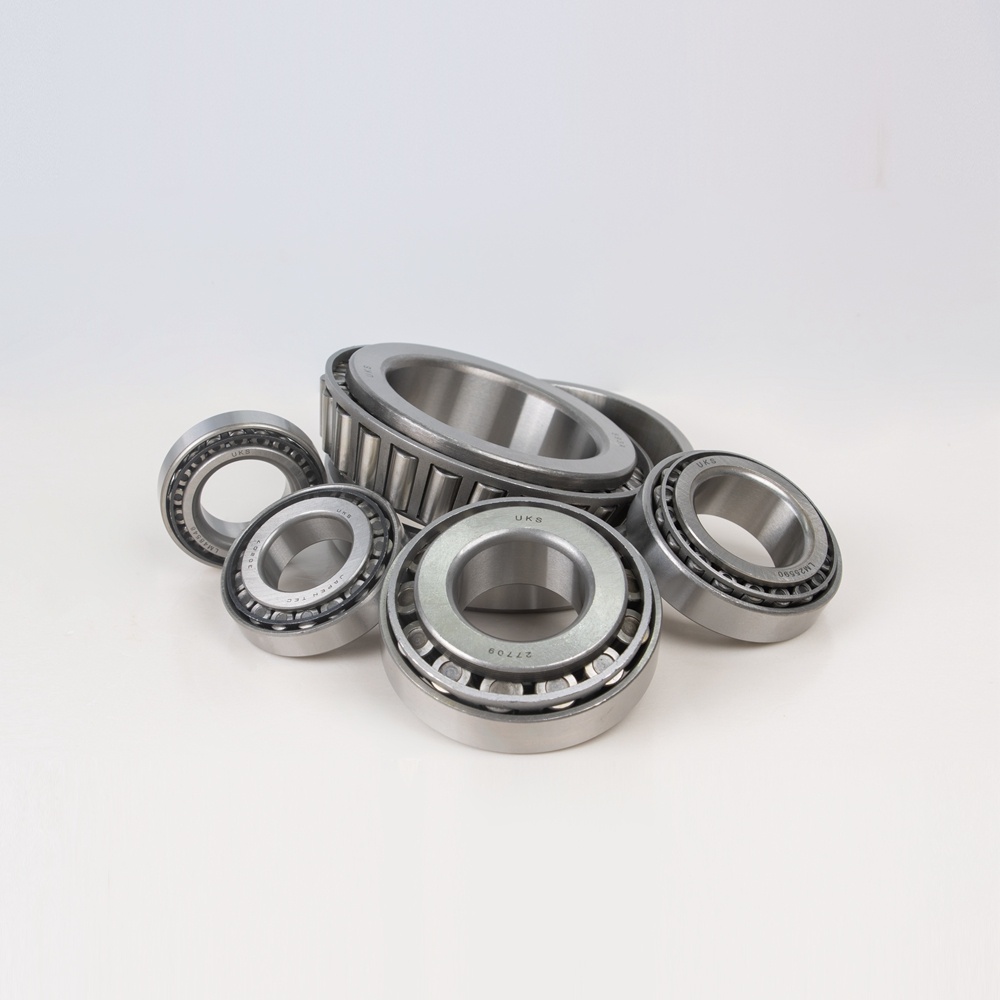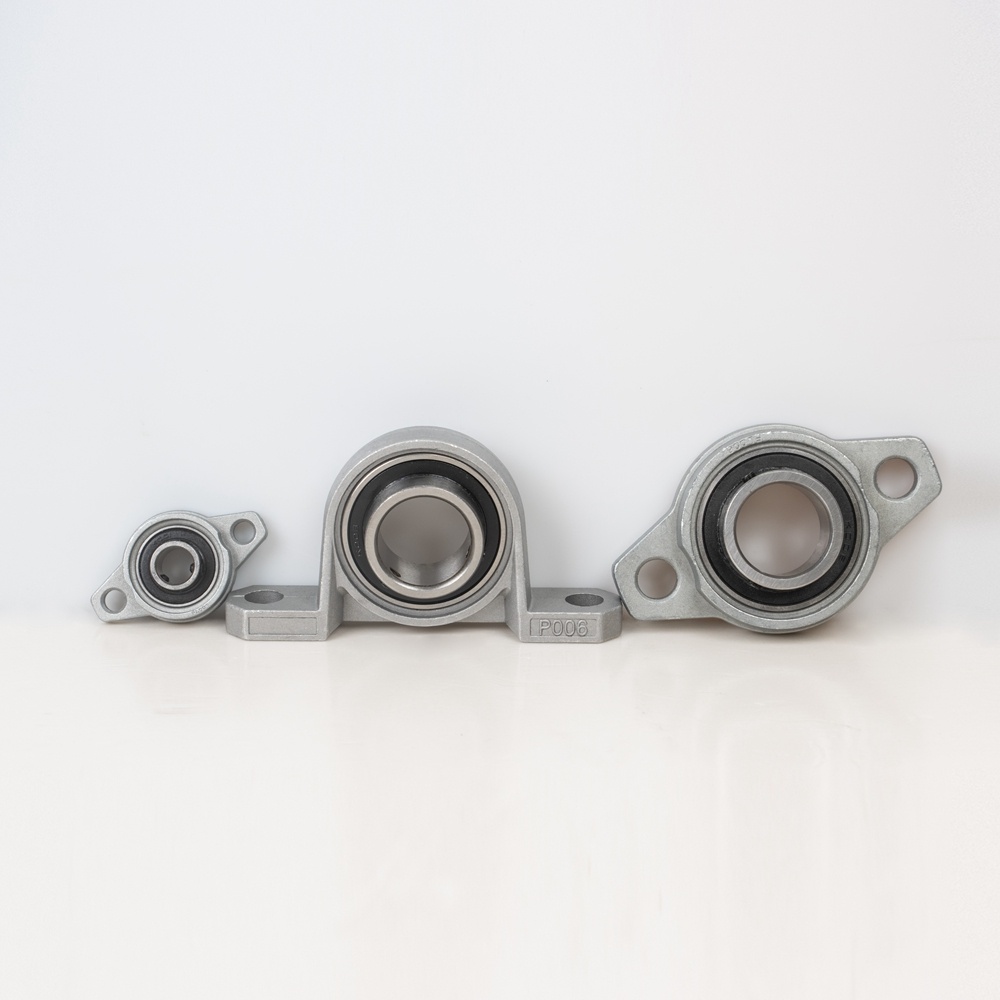Roller bearings are used in many modern engineering applications, due to their ability to support higher loads than traditional ball bearings and offer longer life spans. However, like any form of engineering, there are trade-offs that must be considered when deciding if roller bearings are the right choice for any particular application.
Pros
- Higher Loads: Compared to traditional ball bearings, roller bearings have a greater capacity to support higher loads, making them ideal for larger and more complex engineering projects.
- Longer Life: The life span of roller bearings is much longer than other forms of bearings, which can reduce maintenance time and cost.
- Reduced Friction: Roller bearings can offer reduced friction due to their ability to support radial loads better than other forms of bearings, which can result in less wear on components and increased efficiency.
Cons
- Higher Cost: Roller bearings are typically more expensive than other forms of bearings, due to their robust design and construction.
- Limited Space: The robust design of roller bearings can make them difficult to fit in smaller engineering projects due to their larger size.
- Complexity: Roller bearings are typically more complex than other forms of bearings, and require a more rigorous installation procedure.
Overall, roller bearings are an essential component of modern engineering, as they are capable of supporting higher loads, longer life spans, and reduce friction. However, the higher cost and limited space can make them difficult to implement in certain scenarios. Careful consideration should be taken when deciding if roller bearings should be used in any particular engineering project.





 Fanny Huang
Fanny Huang Colin
Colin